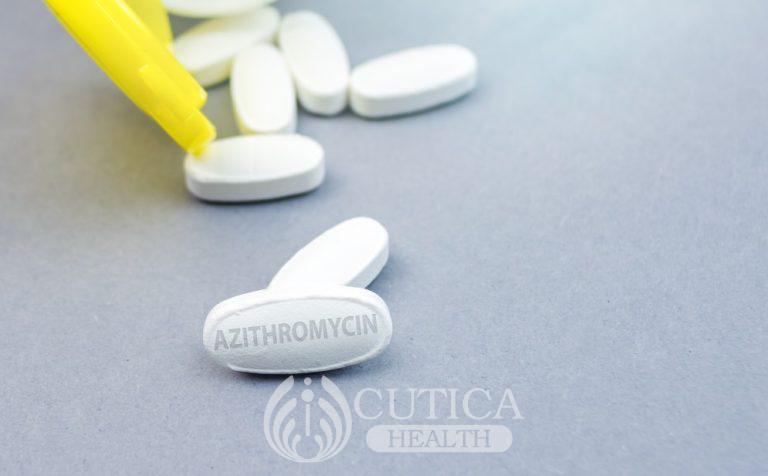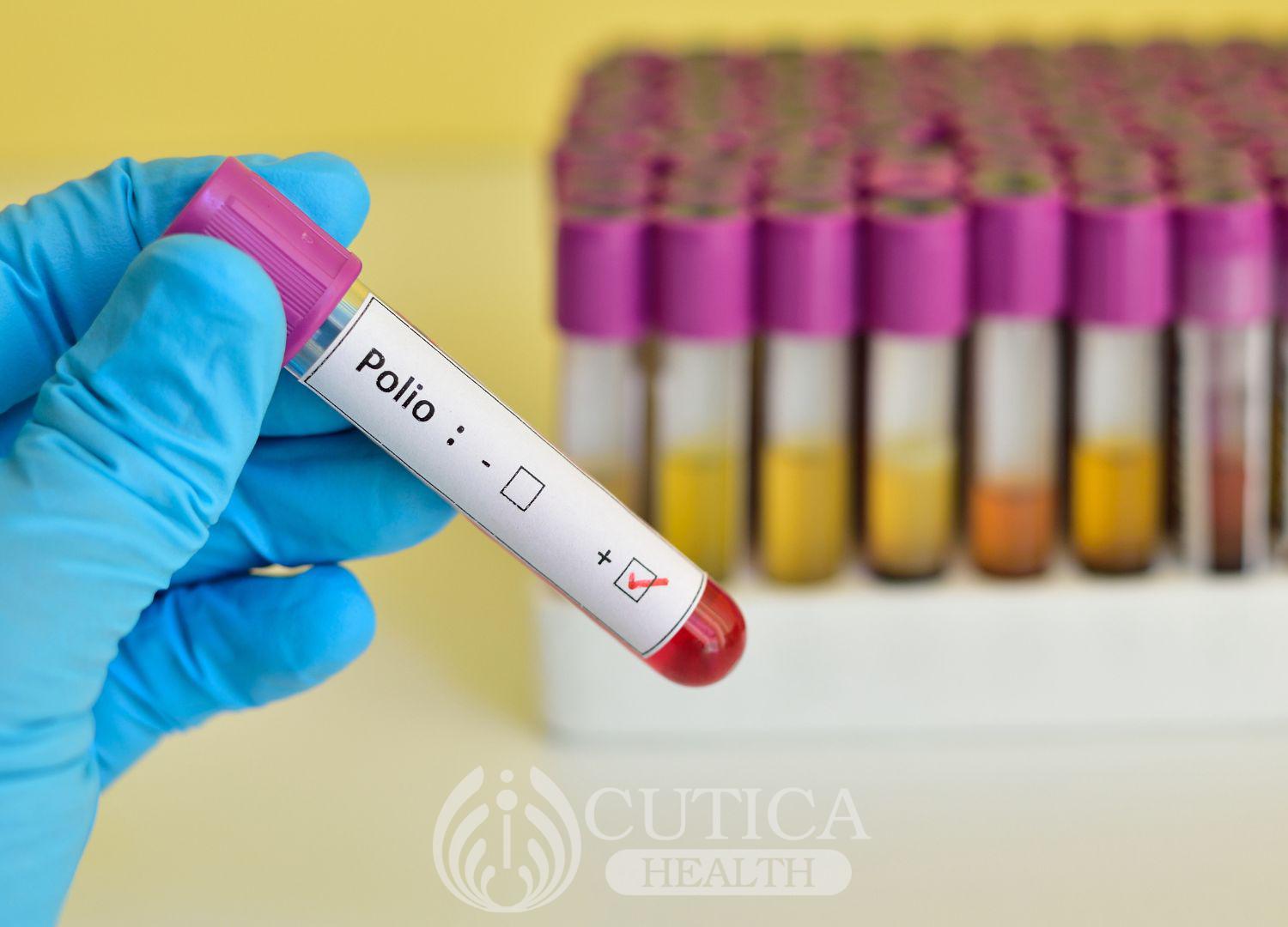
Chima woke up later that evening feeling a little tired and with pains in his legs. Mama Chima raced to where she kept the drug box and gave Chima two tablets of an artemisinin-based antimalarial drug.
The following morning, Chima woke up feeling better and scrambling to get ready for school. “Chima, hope you feel better now, tell your sisters to take one tablet each of the malaria medicine I gave you yesterday before they go to school”, Mama Chima said.
“Are they sick?”, Chima asked.
“No, mosquitoes are taking over this house, and I’m sure you were almost coming down with malaria yesterday”.
This is one of the many examples of antimalarial misuse, a key risk factor of antimalarial drug resistance.
Malaria remains one of the most deadly diseases in sub-Saharan Africa. Malaria infected more than 228 million people and killed more than 405,000 people in 2018. Primarily infecting children under the age of five, malaria affects people of all age-groups, with under-five children and pregnant women being the most at-risk.

Thankfully, there are drugs that are effective for treating the infection. These drugs are readily available, especially in urban and suburban communities that have greater access to healthcare facilities. The problem, however, is the misuse of the drugs, which can potentially render the medicines ineffective in attacking malaria parasites.
Antimalarial drug resistance is defined as the ability of a malaria parasite strain to survive and/or multiply despite taking an antimalarial drug correctly. Drug misuse is a common risk factor for antimalarial drug resistance in sub-Saharan Africa.
Antimalarial misuse occurs in different forms; for instance, in the case of Mama Chima, unnecessary use of antimalarials without a positive malaria test result. Unnecessary use of antimalarials creates a favorable environment for antimalarial drug resistance.
Now, inappropriate use of antimalarials is not the only factor that causes antimalarial drug resistance. Under-treatment of malaria is another common cause. Notice that Mama Chima asked that Chima’s sisters take one tablet each of the artemisinin-based antimalarial drug. Mama Chima might have intended this to be a one-off treatment or prevention for malaria, but this is an abuse of the drug.
All artemisinin-based antimalarial drug treatments have a three-day course, treatment for a day is inadequate treatment. This not only causes treatment failure but also lowers the effectiveness of the drug over time.

Other forms of antimalarial drug misuse include single drug use. The World Health Organization (WHO) recommends a combination therapy comprising an artemisinin base and a complementary drug, such as lumefantrine. Treatment with a single drug results in treatment failure and drug resistance over time.
Of course, the risk factors for antimalarial drug resistance are not limited to these; other contributory factors include a weak immune system, parasite genetic mutations, and using other drugs that can reduce efficacy of antimalarial drugs.
If you or your loved one develop malaria-like symptoms, visit your healthcare professional for a malaria test. Avoid using antimalarials unless they are prescribed by your healthcare professional. Remember that symptoms of “malaria” may be due to another illness.












